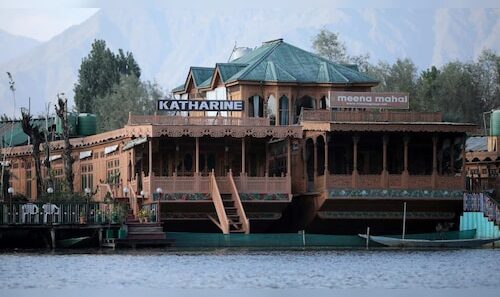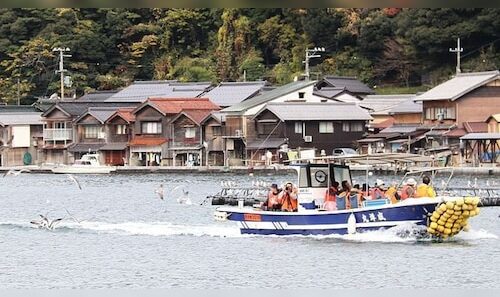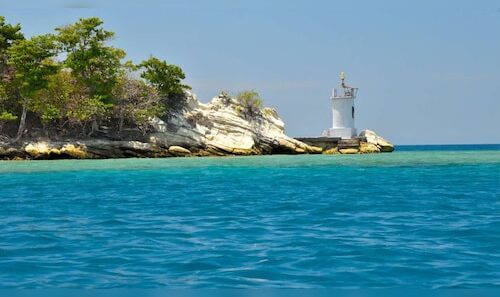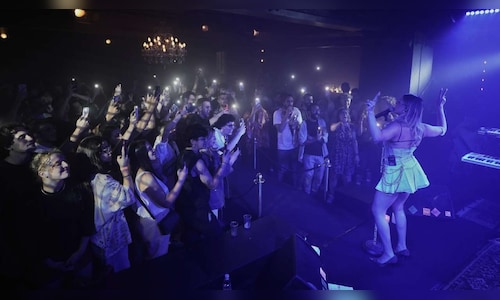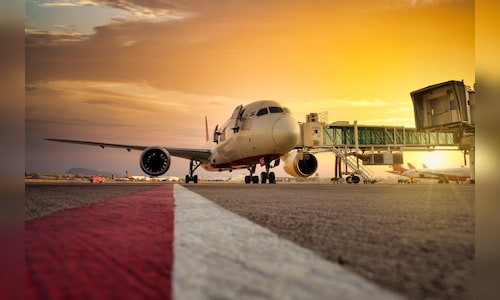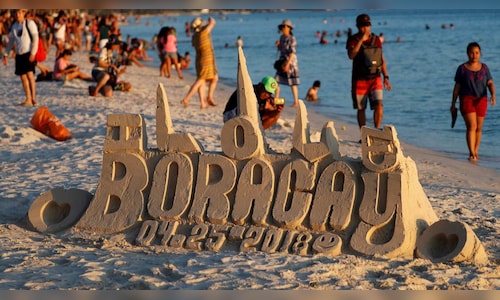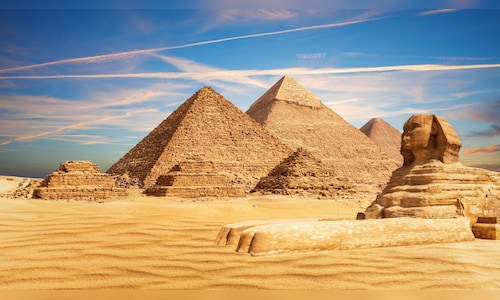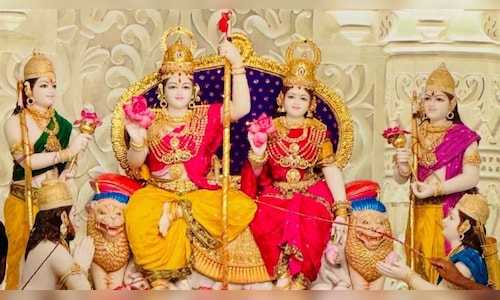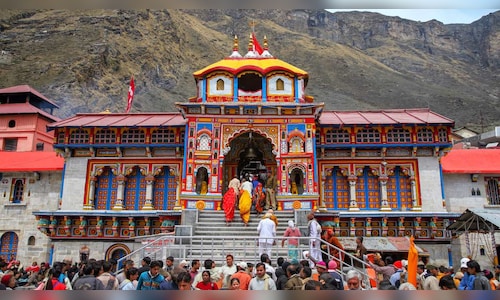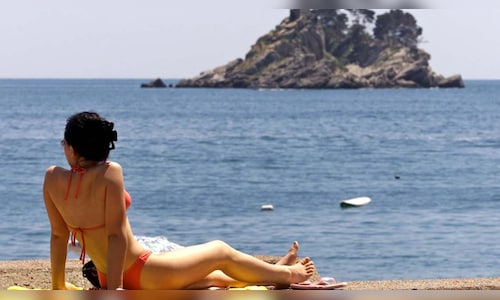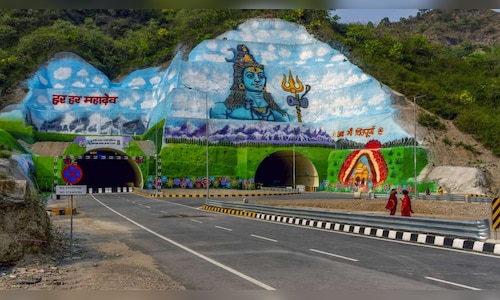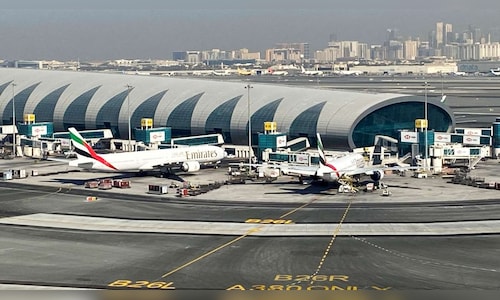In the decade following the war, visitors from Gulf countries – especially from Saudi Arabia – returned, rejuvenating Lebanon’s economy. However, by the early 2000s, as Iran-backed Hezbollah gained influence, relations with Gulf nations began to deteriorate. Consequently, tourism waned, depriving the economy of billions of dollars in annual revenue.
In the aftermath of last year’s intense conflict with Israel, Hezbollah’s influence has diminished, and Lebanon’s emerging political leaders are eager to revitalize the economy with support from affluent neighbors. Their goals include disarming Hezbollah and restoring relationships with Saudi Arabia and other Gulf states, which have recently restricted their citizens from traveling to Lebanon or purchasing its goods.
Also read | France visa update: Online booking made mandatory for all applicants under new digital system
“Tourism is a crucial catalyst, so it’s vital to lift the bans,” stated Laura Khazen Lahoud, Lebanon’s tourism minister. The highway leading to Beirut airport, once adorned with banners celebrating Hezbollah’s leadership, is now dotted with commercial advertisements and posters declaring “a new era for Lebanon.” In central Beirut, especially in areas hoping to attract tourists, political posters are being taken down, and there is an increased presence of police and military patrols.
Recent developments indicate warming relations with some Gulf states. The United Arab Emirates and Kuwait have recently lifted longstanding travel bans.
Attention now turns to Saudi Arabia, a central player in the region’s politics and economy, to see if it will follow suit, as noted by Lahoud and other Lebanese officials. Security remains a significant concern, they emphasize. Although a ceasefire with Israel has been in effect since November, airstrikes persist almost daily in southern and eastern Lebanon, regions where Hezbollah has established a strong political and military presence.
Also read | Iran blasts Donald Trump over US travel ban, says it shows ‘deep hostility’ for Iranians, Muslims
While tourism is vital — accounting for nearly 20% of Lebanon’s economy before it collapsed in 2019 — the country’s leaders acknowledge it’s merely one element of a larger strategy they are attempting to piece together.
Lebanon’s agricultural and industrial industries have suffered immensely, particularly after Saudi Arabia banned their exports in 2021 due to accusations against Hezbollah involving drug smuggling into Riyadh. Years of economic mismanagement have plunged the once-thriving middle class into desperation.
The World Bank reports that poverty levels in Lebanon have nearly tripled over the last decade, impacting close to half of its nearly 6 million inhabitants. The situation is compounded by soaring inflation, with the Lebanese pound losing 90% of its value, and many families losing their savings when banks collapsed.
Lebanon’s leaders view tourism as the primary means to initiate the reconciliation process with Gulf countries — only then can they advance to exports and other avenues for economic growth.
“It makes the most sense, as that’s all Lebanon can offer right now,” remarked Sami Zoughaib, research manager at The Policy Initiative, a think tank based in Beirut.
With summer approaching, flights to Lebanon are already busy with expats and locals from countries that have lifted their travel restrictions, and hotels report a surge in bookings.
At the recent event organized by the tourism ministry, St. Georges Hotel owner Fady El-Khoury expressed optimism. The hotel, previously owned by his father during its peak, has experienced the fluctuating fortunes of Lebanon over the decades, shutting and reopening numerous times due to conflicts. “I feel that the country is on the path to recovery after 50 years,” he stated.
Also read | Trump’s latest travel ban: Even governments scramble to understand what it is
On a recent weekend, the northern city of Batroun was bustling with beachgoers while jet skis sped across the Mediterranean. Local business owners expressed cautious optimism regarding the country’s trajectory.
“We’re feeling optimistic, and everyone here shares that sentiment,” said Jad Nasr, co-owner of a private beach club. “After years of being sidelined by the Arabs and our Gulf brothers, we anticipate a full house this year.”
However, tourism alone cannot remedy Lebanon’s economic challenges, which have long been plagued by widespread corruption and inefficiency.
The country has been negotiating with the International Monetary Fund for several years over a recovery initiative that would bring in billions in loans, contingent upon tackling corruption, restructuring the banking sector, and enhancing various public services, including electricity and water.
Experts assert that without these and other essential reforms, Lebanon’s wealthy neighbors will lack the confidence to invest. A tourism surge would merely be a “morphine shot that would only temporarily alleviate the pain” rather than halt the escalating poverty, Zoughaib noted.
Tourism minister Lahoud concurred, stating that the long-term process has only just begun.
“But we’re discussing topics we’ve never addressed before,” she added. “This entire nation has realized that war benefits no one, and we genuinely need our economy to recover and thrive once again.”

